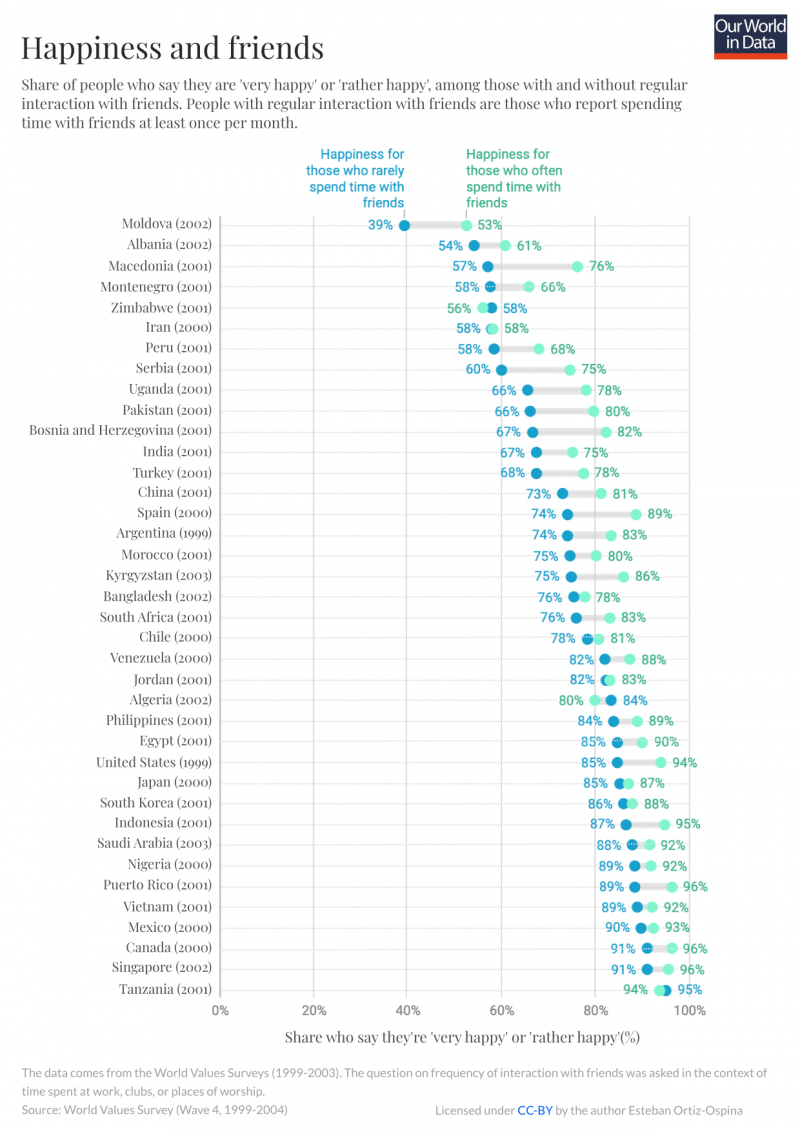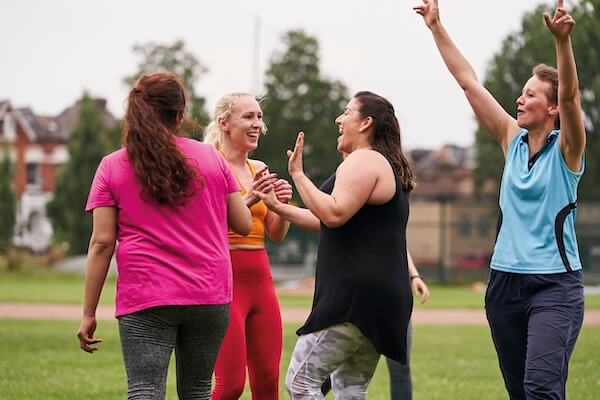
What is Self Care?
In the hustle and bustle of our daily lives, it's all too easy to overlook the most crucial aspect of our well-being: our mental health. We race through deadlines, navigate personal challenges, and juggle the never-ending demands of the modern world, often neglecting the one person who needs our care the most - ourselves. This is why self care is the key to a happier, more balanced life and this is how you achieve it.
Self-care, a term often heard but not always fully understood, is a multifaceted concept encompassing the deliberate and conscious effort to tend to one's physical, emotional, and mental well-being. At its core, it's about nurturing yourself in ways that promote overall health and maintain a harmonious life balance. Self-care takes on many forms, ranging from simple acts like a warm bath or a quiet moment with a book to more structured practices such as regular exercise, meditation, or engaging in hobbies. What sets self-care apart, however, is its proactive nature. Rather than being a reactive response to stress or burnout, it's a preventive approach to mental well-being. It encourages us to prioritize self-preservation consistently, recognizing the signs when we need a break, setting boundaries, and seeking support when necessary. Self-care serves as a personalized toolkit for resilience, reminding us that looking after ourselves isn't selfish but rather an essential aspect of living a fulfilling and sustainable life in today's demanding world.
Importance of Self Care
Nurturing a Positive Self-Image and Self-Worth
Self-care begins with self-love. By dedicating time to care for yourself, you send a powerful message to your inner self – that you are worthy of attention and kindness. Engaging in self-affirming activities, such as daily self-affirmations or practicing gratitude, can significantly impact your self-image. When you take moments to appreciate your strengths and achievements, it reinforces a positive self-concept. Additionally, self-care routines like skincare, exercise, and healthy eating can boost self-esteem by enhancing your physical well-being.
Building Resilience to Cope with Life's Challenges
Life can feel like a rollercoaster ride filled with ups and downs, and building resilience is essential for navigating these inevitable challenges. Research conducted bySouthwick and Charney, as outlined in their book"Resilience: The Science of Mastering Life's Greatest Challenges,"emphasizes that self-care practices, such as maintaining a strong social support system, contribute significantly to an individual's ability to bounce back from life's hardships. Self-care provides a solid foundation for resilience. The practice of setting boundaries builds your resilience during tough trials.
Enhancing Emotional Regulation and Self-Awareness
Emotional intelligence is a valuable life skill, and self-care can be a pathway to enhancing it. In fact, research from the“International Journal of Mental Health Promotion”in 2022 suggests self care activities like mindfulness interventions can significantly increase your emotional intelligence by enhancing emotional awareness and regulation. Taking time for introspection through practices like journaling or therapy allows you to better understand your emotions and their triggers. By acknowledging and addressing your emotional needs, you can develop healthier ways of managing and expressing feelings.
Boosting Energy and Self-Confidence
Self-care isn't just about maintaining the status quo; it's about thriving. When you prioritize self-care, you boost your energy levels, both physically and mentally. Regular exercise, sufficient rest, and a well-balanced diet fuel your body, providing the energy needed to tackle life's challenges.
Barriers to Self Care
The Time and Resource Constraints
One of the most common barriers to self-care is the perpetual lack of time and resources. Many of us lead hectic lives, juggling work, family, and various commitments. Finding a few moments for ourselves amidst this chaos can feel like an impossible task. However, it's crucial to recognize that self-care doesn't always require hours or substantial resources. The key is to prioritize these moments as non-negotiable appointments with yourself, no matter how brief they may be.
Guilt and Cultural Perceptions Surrounding Self-Care
Another obstacle that often obstructs our self-care journey is the guilt that can accompany it. Society often encourages a "work-hard" mentality, making us feel selfish or lazy when we take time for ourselves. Cultural norms may even stigmatize self-care as a sign of weakness. However, it's essential to recognize that self-care isn't selfish; it's a necessity. It's like putting on your oxygen mask before assisting others on an airplane – you must take care of yourself first to be able to help others effectively.
Recognizing Signs of Burnout and Stress
Perhaps the most critical aspect of self-care is the ability to recognize when it's needed most. Burnout and stress can creep into our lives subtly, affecting our physical, mental, and emotional well-being which prevent us from practicing self care. Common signs include chronic fatigue, irritability, insomnia, and a general feeling of being overwhelmed. When these signs emerge, they are clear indicators that it's time to prioritize self-care. A notable study published in 2019 in the“National Library of Medicine”, highlighted the importance of self care in preventing burnout amongst healthcare professionals. Those that engaged in self care practices were more likely to experience lower levels of burnout and higher job satisfaction. Knowing the symptoms of burnout can help us take self care actions rather than allow us to spiral into further problems.
Tips to getting started with Self Care

Source: Pexels
Physical Self-Care: Exercise, Diet, and Sleep
Physical self-care is the foundation of overall well-being. Regular exercise not only keeps your body fit but also releases endorphins, those wonderful mood-enhancing chemicals. A balanced diet provides the fuel your body needs to function optimally, both physically and mentally. And don't underestimate the power of sleep—adequate rest is essential for cognitive functioning, emotional regulation, and physical recovery. Prioritize these aspects of physical self-care, and you'll have the energy and resilience to face life's challenges head-on.
Emotional/Mental Self-Care: Mindfulness, Meditation, Therapy
Emotional and mental self-care is just as vital as physical self-care. Practicing mindfulness and meditation can help you stay grounded in the present moment, reducing stress and anxiety. Therapy, whether through professional counseling or self-help techniques, provides a safe space to explore your thoughts and emotions. It can be a powerful tool for developing self-awareness and managing complex feelings. Remember, your emotional well-being is the cornerstone of a healthy, happy life.
Social Self-Care: Building a Support Network and Maintaining Healthy Relationships
Humans are social creatures, and our connections with others play a significant role in our overall well-being. Building a support network of friends and loved ones can provide invaluable emotional support during tough times. Moreover, maintaining healthy relationships involves setting boundaries, nurturing mutual respect, and cultivating open communication. A world values survey completed by‘The World in Data’, showed that in almost all countries, people who spend more time with their friends report higher levels of happiness than those who don’t. Therefore showing how these elements are essential for emotional stability and a fulfilling social life.

Creative Self-Care: Expressing Thoughts and Ideas Through Hobbies and Passions
Furthermore, engaging in creative self-care allows you to express yourself and tap into your unique talents and interests. Hobbies, passions, and artistic endeavors provide an outlet for self-expression and a break from the demands of everyday life. Whether it's painting, writing, playing music, or gardening, these creative pursuits can be therapeutic and immensely satisfying. They help you reconnect with your true self and find joy in the process of creation.
Encouraging Self Care in Others

Source: Pexels
Leading by Example
Leadership isn't confined to boardrooms and titles; it's a quality we can all embody in our daily lives. Leading by example involves setting a standard of behavior that inspires others to follow suit. This could mean showcasing empathy, resilience, or a commitment to self-care. When we prioritize our own well-being, it encourages those around us to do the same. By demonstrating kindness, accountability, and integrity, we create a ripple effect that fosters a positive environment for personal growth and development.
Encouraging Boundaries
Healthy boundaries are essential for maintaining our well-being and ensuring harmonious relationships. By encouraging boundaries, we empower others to assert their needs and establish limits. This can involve respecting someone's need for personal space, acknowledging their emotional boundaries, or understanding their work-life balance. When we create a culture of respect and open communication, we enable individuals to thrive without feeling overwhelmed or intruded upon.
Offering Practical Support
Empathy and practical support go hand in hand. When someone faces challenges or is in need, offering tangible assistance can make a profound difference. Active listening, for instance, allows us to truly understand another person's perspective, fostering a sense of connection and trust. Sharing resources, whether it's offering a helping hand, expertise, or providing access to essential tools, can be a lifeline. Empathizing with someone's struggles without judgment and showing that you genuinely care can be a source of immense comfort and motivation.
Incorporating these aspects of self-care into your life isn't a luxury; it's an investment in your well-being. Remember that self-care is a holistic practice. It's about nurturing your mind, body, and soul. By dedicating time and attention to each of these facets, you'll build resilience, reduce stress, and cultivate a happier, more fulfilled life.
Guest post by Liza Blue






